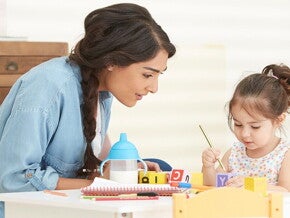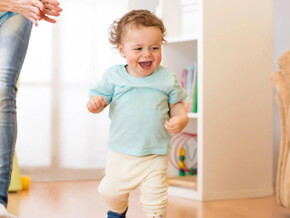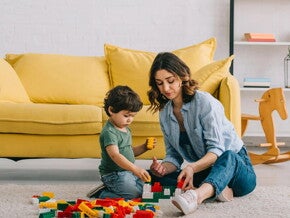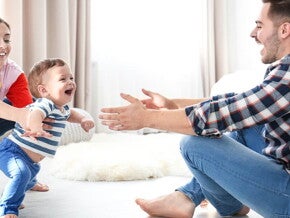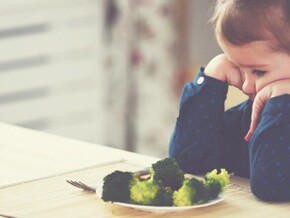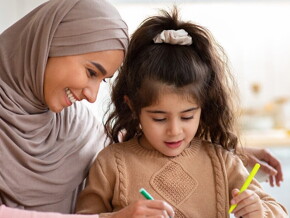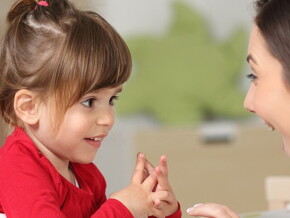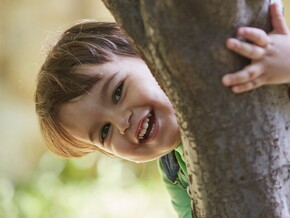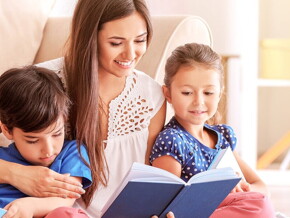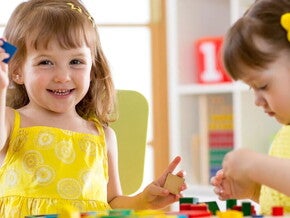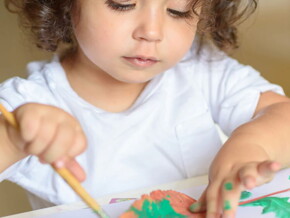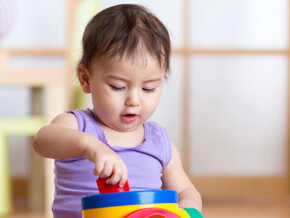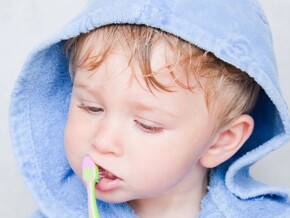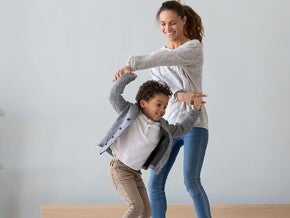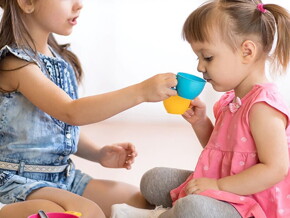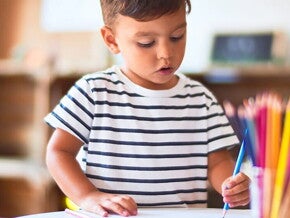
That’s what friends are for
Seeing vs. Observing
In the previous articles, we read about the importance of social interactions and social development as a crucial part of children’s emotion regulation and language development. But that is not all! Social development is one of the most critical aspects of child development. How? It helps with children’s confidence, self-esteem, problem solving skills, communication, conflict resolution and many more that helps build the social child in a social world.
Social development is at the core of the diverse developmental skills that would support children’s transition and adaptation to the ever-changing demands of society.
So, while your children are trying to figure out their social world outside their home, we as parents need to keep track of their preferred friends, common characteristics between our children and their friends, and how they play - keeping in mind of course that play is a big part of connecting children to their peers.
But hear this: If you think you know your child, wait until you observe them in a social setting.
It is both awe-inspiring to see what your child has taken with them from interacting with mums and dads to be their own person. At times seeing their interactions gives you the urge to cringe and think: “surely it’s not easy to see your child bopping someone on the head – why ever would they do that??” You certainly wouldn’t – or would you?
They will surprise you, that’s for sure. But they have more readiness to utilize all required social skills to adapt to these ‘challenging’ social contexts. Our role as parents, and what we should expect of teachers, caregivers, educators as well, is to take these social interactions as learning opportunities to develop our children’s social skills toward citizenship, positive social interactions, conflict resolution, emotion regulation, negotiation, communication etc…
Social Coaching…how children learn the rules of the social game
In case you missed it…from you of course! Let us just call ourselves our children’s naturally designated life-long social and emotional coaches. There is after all good reason for the phrase, “being a parent is a full-time job… profession… passion.”
As early as birth, babies are learning how to adapt to the new world-an entirely new environment after being in the dark for about 9 months. A big part of this new world is social. Don’t forget, your child is primed to form relationships – and this is the beginning of a beautiful adventure.
Attachment relationships develop between you and your child in early infancy: what you imitate in your affection, emotions, contact, the smiles, the tone of voice etc…is what your baby will internalize as part of the socially acceptable behaviors. The most natural thing for the baby to do is to be attentive and responsive to the human voice. As a parent, you encourage them by being playful with their imitated sounds that they try to make sense of through their babbles, coos, and gurgles; what you give them early on is the prototype for your child’s friendships later on because you are their first model giving them insights into the social world.
Promote social opportunities…Help them develop awareness through modeling ‘give and take’
A social context outside of the home environment and family is where you will observe a lot of your child’s internalized social behaviors. But your child needs to be given the opportunities to practice their social skills. Children need shared experiences, whether through play dates or any other form of a social setting in. Shared experiences do not necessarily need to involve actual interaction – for example, your toddler can be sitting and playing next to another child and not necessarily with them and you will notice your child imitating the other child, reaching over, or simply picking up on different play behaviors from the other child. Remember dear mum, since young children are still in their egocentric stages of development, awareness of feelings of others is not yet developed. So be prepared for the “good, the bad and the ugly” and intervene accordingly with the mission of developing awareness. Awareness of the other is developmental. So over time, with your constructive interventions, your child will develop understanding of cause and effect…a more conscious awareness of self ‘me, mine’ and others starts at around 1.5-1.8 years of age.
Model socially positive behaviors…through language!
Language is the most natural tool you can use to help your child navigate the social scene, to be able to cooperate, label and express needs, empathize, respect one another etc…remember, a big part of this is supporting your child’s emotion regulation and self-control. When using language, you should always be able to raise awareness to the feelings of others while at the same time acknowledging your child’s feelings and need to figure this all out – from a developmental perspective. We are all too familiar with the need for children’s immediate satisfaction without any consideration for how the other children might feel. “I can see you want to play with the toy but Sami is using it now. You can use it when Sami is finished. You are being really patient waiting for the toy!” While you should be guiding your child, also be sensitive to your child’s need to adapt to the context of learning how to socialize and play with other children. It’s not an easy task!
Identity, my-dentity
The more your child is exposed, the stronger their sense of identity will be. With their developing self-awareness, they experiment and explore what they like and what they don’t in friendships, eventually developing their own friendship identities. So dear mama’s, just be patient and never force your child to play with others. Life is hard work as it is…just give them the needed time and space.
